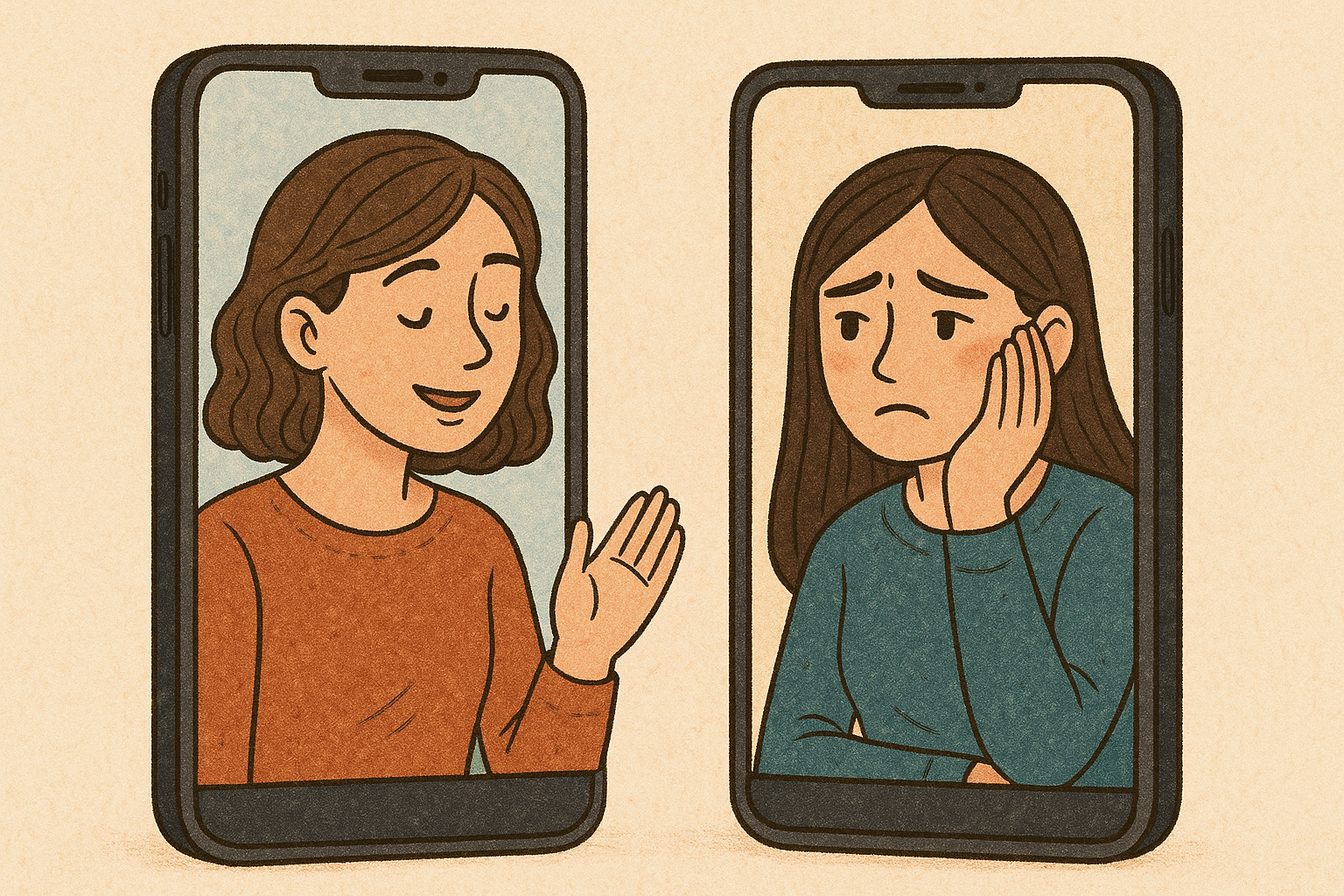
Therapy With Artificial Intelligence
AI therapy uses natural-language understanding and evidence-based prompts to deliver supportive, skills-focused conversations whenever you need them. It complements traditional care by making mental-health tools more reachable, consistent, and personalized.
Why AI Therapy Helps
• Accessibility & 24/7 Support:** Help is available anytime, lowering barriers like waitlists, location, or scheduling. This can be crucial during late-night worry spikes or busy days.
• Consistency & Non-judgment:** AI responds with steady empathy and structure every time, creating a safe space to practice coping skills without fear of stigma.
• Personalization:** Models can adapt to your goals—reducing anxiety, improving sleep hygiene, or boosting focus—by tailoring exercises, pacing, and reminders to your patterns over time.
• Skill Building (CBT, DBT, Mindfulness):** Guided breathing, cognitive reframes, thought records, and behavioral activation tasks can be delivered step-by-step, right inside the chat.
• Progress Tracking:** Journals, mood logs, and micro-check-ins surface trends so you can see what helps, celebrate wins, and adjust plans sooner.
• Language & Tone Flexibility:** Multilingual support and tone matching help more people feel understood and included.
• Cost-Effective:** Low-cost, always-available guidance increases the frequency of helpful micro-interventions between human sessions.
• Privacy by Design:** Local controls, clear data usage options, and anonymized logs (when enabled) help you manage what you share and when.
Working Together With Clinicians
AI therapy shines as a companion to human care:
1. Between-Session Support:** Use daily prompts and coping strategies to maintain momentum and reduce relapse risk.
2. Preparation & Reflection:** Arrive at sessions with structured notes, thought records, and mood trends—making time with your clinician more focused.
3. Gentle Step-In:** For people new to therapy, AI offers a low-pressure first step that can build confidence toward seeking human support when needed.
Used thoughtfully, AI therapy extends access, reinforces healthy habits, and helps you practice skills in real life—right when they matter most.